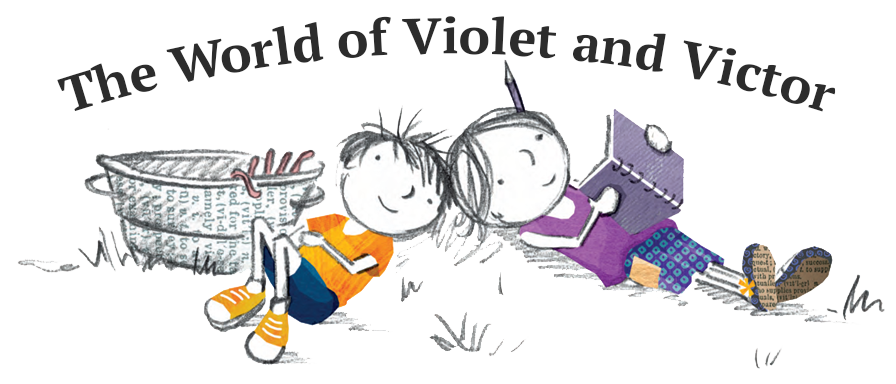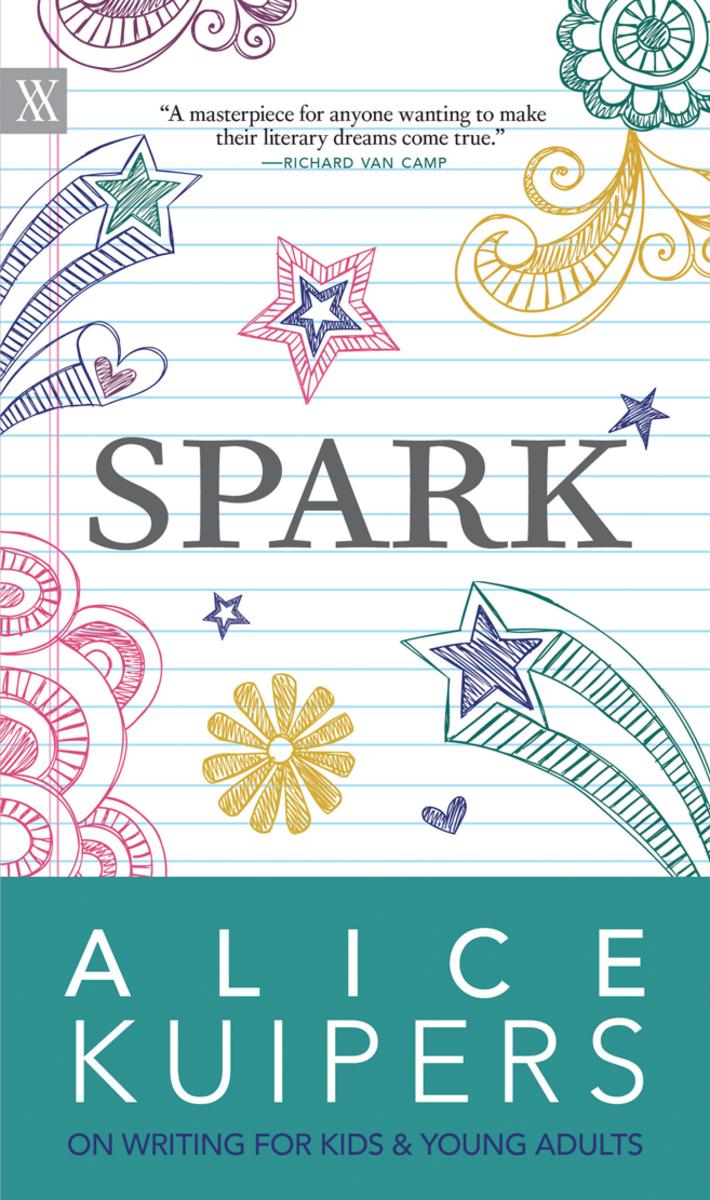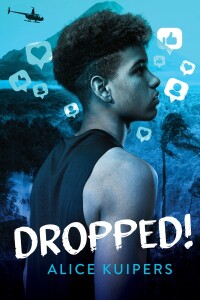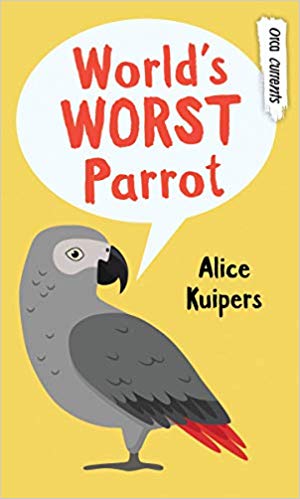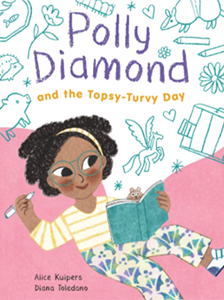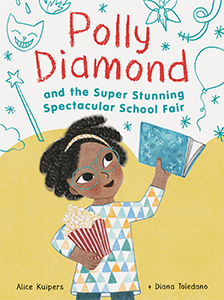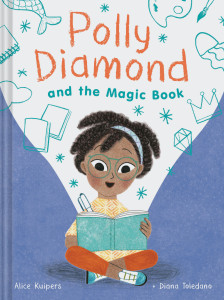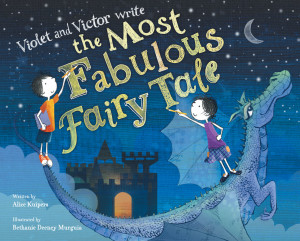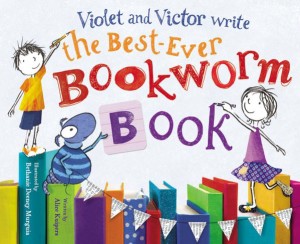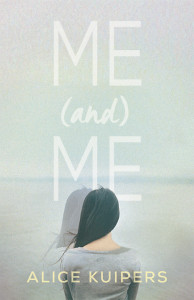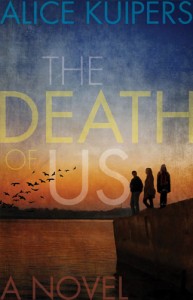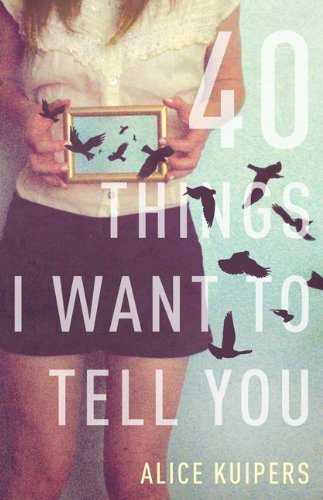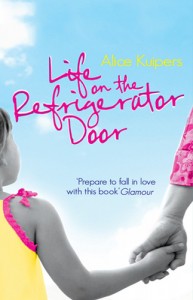Workshop Six
Having great character is so important to writing great fiction that I’m devoting five workshops to character alone (and, believe me, we could do lots more workshops and still have more to say about character!)
First of all, let’s define character. I’m going to use a definition taught to me by Steven Galloway. Steve said to me when I was in a workshop with him: CHARACTER IS ACTION. This definition was not one I expected him to give, and it is one that took me a while to understand.
To me, it means that what your character DOES is WHO THEY ARE.
An example: if you met me in the street and I shook your hand, smiled at you, asked a couple questions about your writing, you’d assume that I was a nice person (character), right? If I yelled at you that I hated reading stuff by other writers and then slapped you, you’d know I was a, well, a jerk. The things I do make me the person I am.
What your character does makes them the person they are.
There are two things to take away from this.
First, your character needs to do something for us to get to know them. It’s all well and good to have them sitting in a room looking out the window, but it’s hard for us to get to know them. MAKE THEM DO SOMETHING.
Secondly, remember that the actions your character makes gives clues to your reader. If your character bursts into tears when they hear about a death in the family, we know they are sad. If they clap their hands and smile, we know something else entirely, right?
Think about this as you write, think about what your character is doing to and why.
Now, we’re going to be delving further into the heads of our characters. We’re going to be asking uncomfortable questions, thinking about how CHARACTER IS ACTION, and discovering how your characters need to grow and change to make your stories work.
Getting into your character’s head is key to good writing. It means you have to dig deep into your own imagination and pull out every detail that lurks inside. You already know your characters better than you think – the art of writing them well is sharing that information on the page.
So this week, we’re going to get to know a character from your head by asking them to REACT to the following situation.
This week’s writing prompt:
Take a character, any character, perhaps one you’ve been working with for a while, perhaps someone who has only surfaced in your imagination today.
Here’s an image to get you in a watery mood.

Now, imagine that your character is on a ship that is starting to sink. What do they do? Write 300 words describing their actions so we can get to know what sort of person they are.
If you want to push yourself a little further: take another character from the same situation and describe (again up to 300 words) what they do as the ship begins to sink. How are their actions different?
What does this make you think about the statement CHARACTER IS ACTION?

